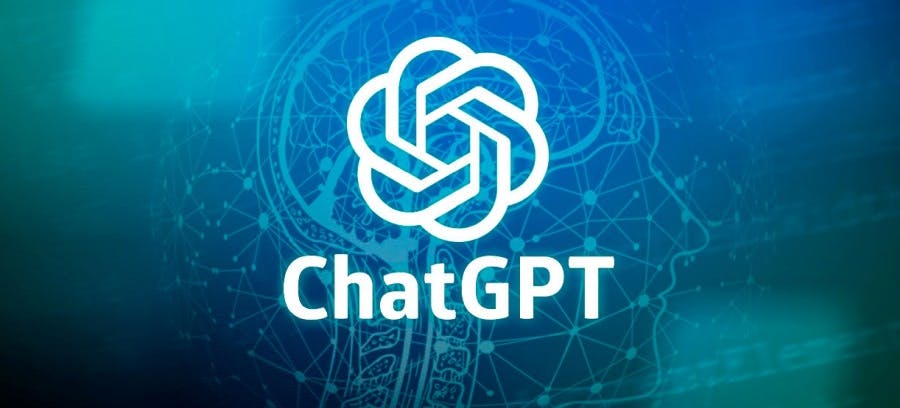Source: freepik.com
With more than one billion visits in just a few months, ChatGPT is changing the way we interact with information online. Many people are replacing Google assistant with this new smart speaker.
As a business, if you want to stay competitive, you can't allow yourself to ignore the trends your customers follow.
Why not use ChatGPT to your advantage instead? In this article, we'll show you how it can empower your virtual voice assistant and helpautomate customer service.
How can ChatGPT make virtual voice assistants more effective?
The question is not what is better: ChatGPT or yourvoice agent. Nor which one you should use. The real question is how to combine them to create the most value for your users and improve their customer experience.
Provides more natural-sounding conversations
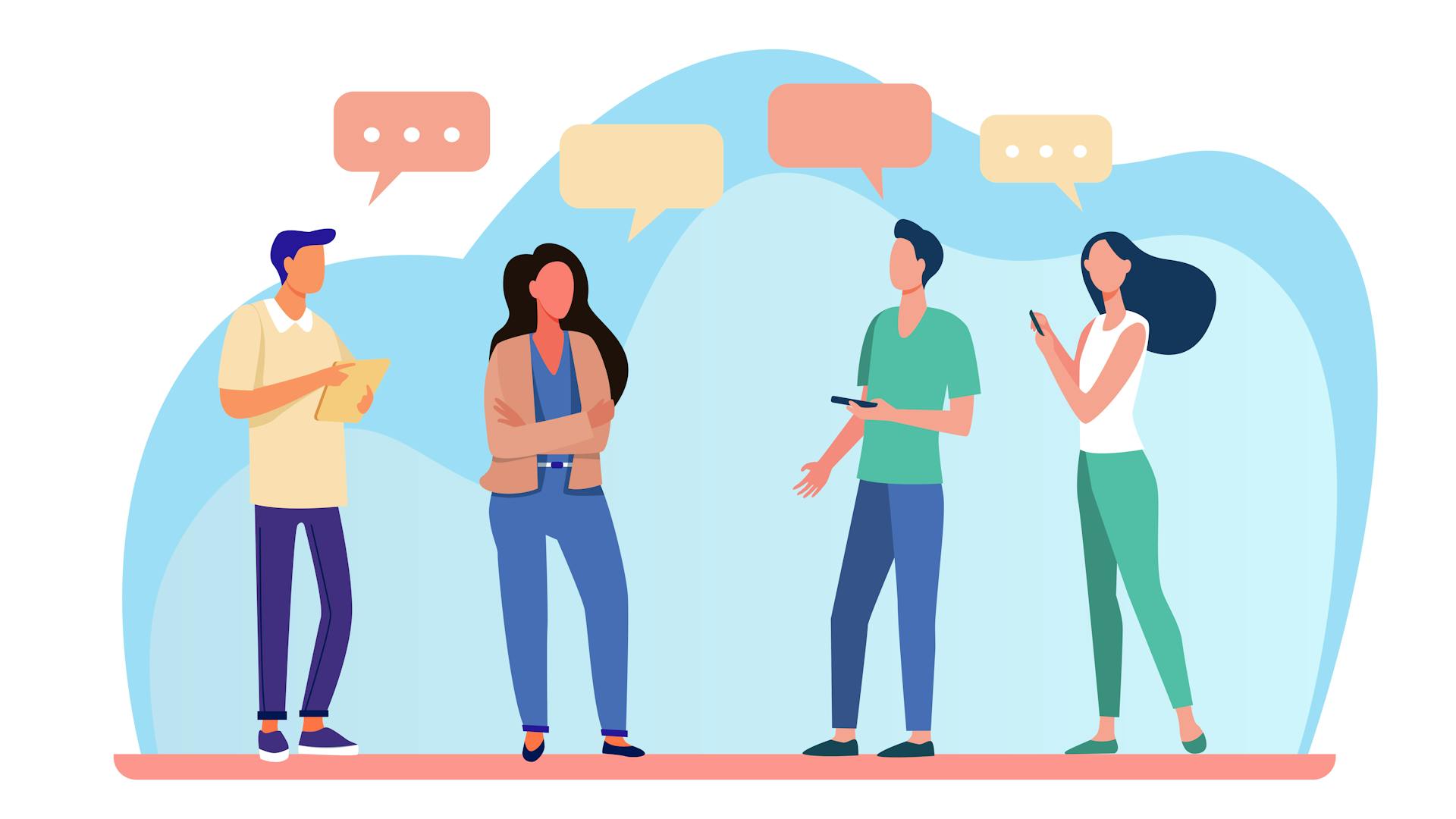
Source: freepik.com
Anyone who has tried ChatGPT can confirm that it can generate content that sounds more natural than the previous generation of AI-powered virtual assistants.
While some voice assistants (like Amazon Alexa or those on Apple devices or Google Home) give short and straight answers, providing accurate information but sounding robotic, ChatGPT isn't only focused on the information but also on the way it provides it, taking emotional cues into consideration.
Another great thing about ChatGPT is that it enables assistants to hold a back-and-forth conversation in real time. So instead of us giving voice commands and Amazon's virtual assistant answering and then repeating the process all over again, we can have a more in-depth conversation that lasts more than a few sentences.
Improves language understanding
OpenAI was trained on a massive dataset of human language models and it wasn't brought out to the public before it had almost perfect language understanding.
And the best thing is, the more you use it, the better it understands you. ChatGPT is based on the machine-learning model, which means it remembers previous conversations and uses historical data to provide you with an even better service next time.
Again, this is a big difference in comparison to popular virtual assistants like Amazon Alexa or Siri that can’t retain information from your previous conversations. You have to start over with "Hey Siri" voice commands every time, while on ChatGPT you can browse your old queries and responses, and each new conversation builds up on the previous ones.
Generates personalized responses
ChatGPT has a deep understanding of context, emotions and even jokes, which helps it understand your customers better and provide a relevant, custom-made response to their questions.
For example, two individuals may ask a similar question but in a different way. Instead of providing a generalized answer like Google, ChatGPT understands the intention and emotions behind each question. One customer may get quick facts because that's all they need, while the other may get personalized recommendations, suggestions and reassurance.
Details like this can significantly impact customer satisfaction and loyalty, making customers feel seen and validated.
ChatGPT limitations
Apart from ethical concerns some people have, here are actual ChatGPT limitations you should be aware of if you're using it for your business:
Misinformation
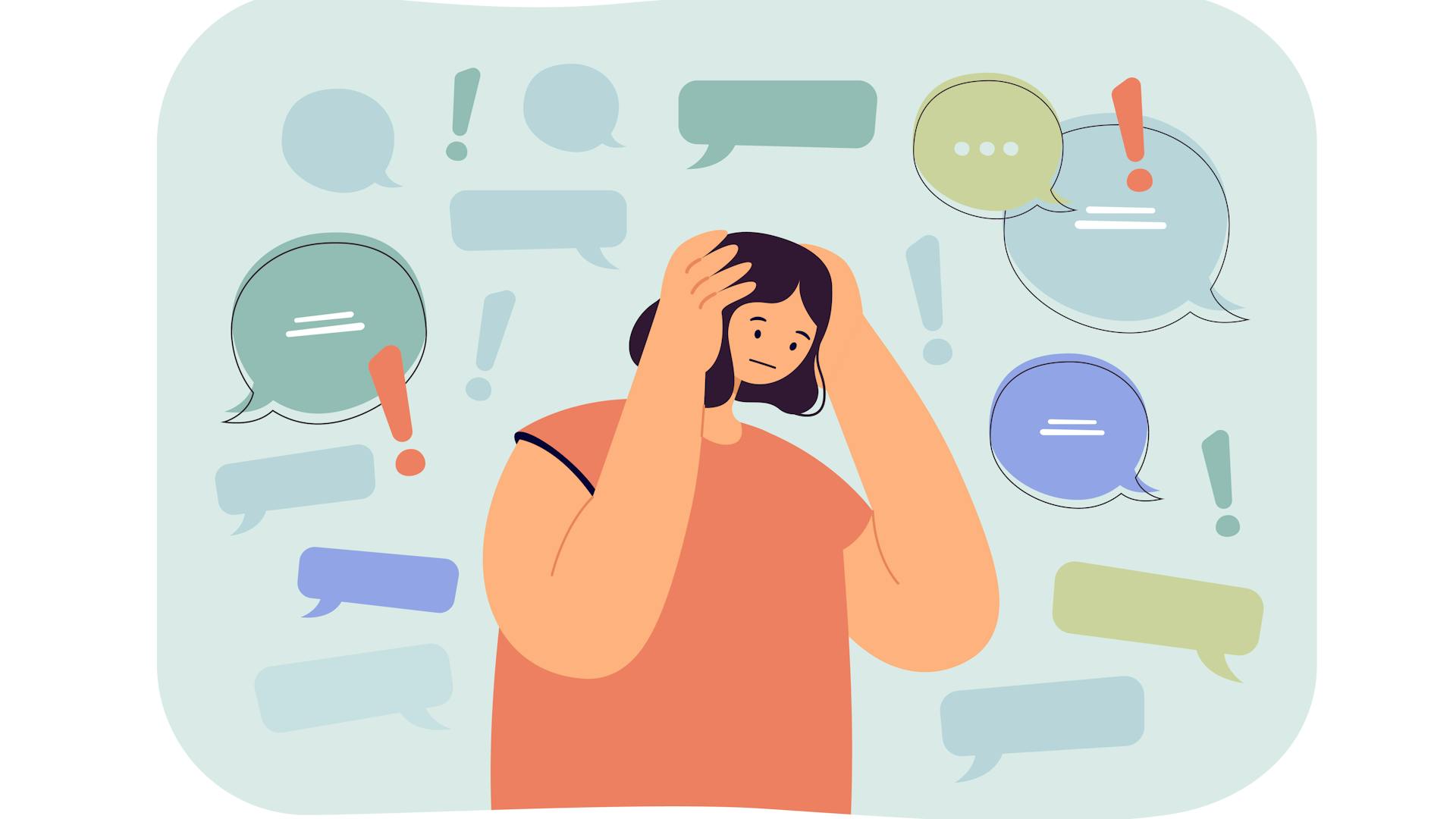
Source: freepik.com
ChatGPT provides human-like responses and information that seem genuine, however, there's no guarantee the response will be 100% factually correct. Even OpenAI admits on its official website that the answers could sometimes be "incorrect or nonsensical".
Misinformation happens because it uses data that is:
- Incorrect
- Outdated
- Taken out of context
It could also occur because ChatGPT misinterpreted the customer's question. Whatever the reason, serious companies shouldn't allow themselves this risk because it could lead to customers' complaints and even legal issues.
Let me illustrate this with one example from the real world. There have been situations where people were using ChatGPT to find the working hours of some business, just to come there and realize the venue was permanently closed. It happened after the latest ChatGPT update, so the tool didn't have that information.
Biased training data
ChatGPT openly admits on its website that some data could be biased due to training on a particular data set. If the data is not diverse, artificial intelligence cannot help but produce biases because that's everything it has to operate on.
Even though they used large language models while training OpenAI, the language model can never be fully comprehensive and some responses are based on incomplete information, resulting in biases.
Another example is that technology trainers and developers who worked on ChatGPT seemed to prefer long answers, resulting in ChatGPT sometimes sharing unnecessary or irrelevant details in an attempt to give you as much information as possible.
Some users joke about the ChatGPT model output being too verbose and over-optimized.
Privacy and security
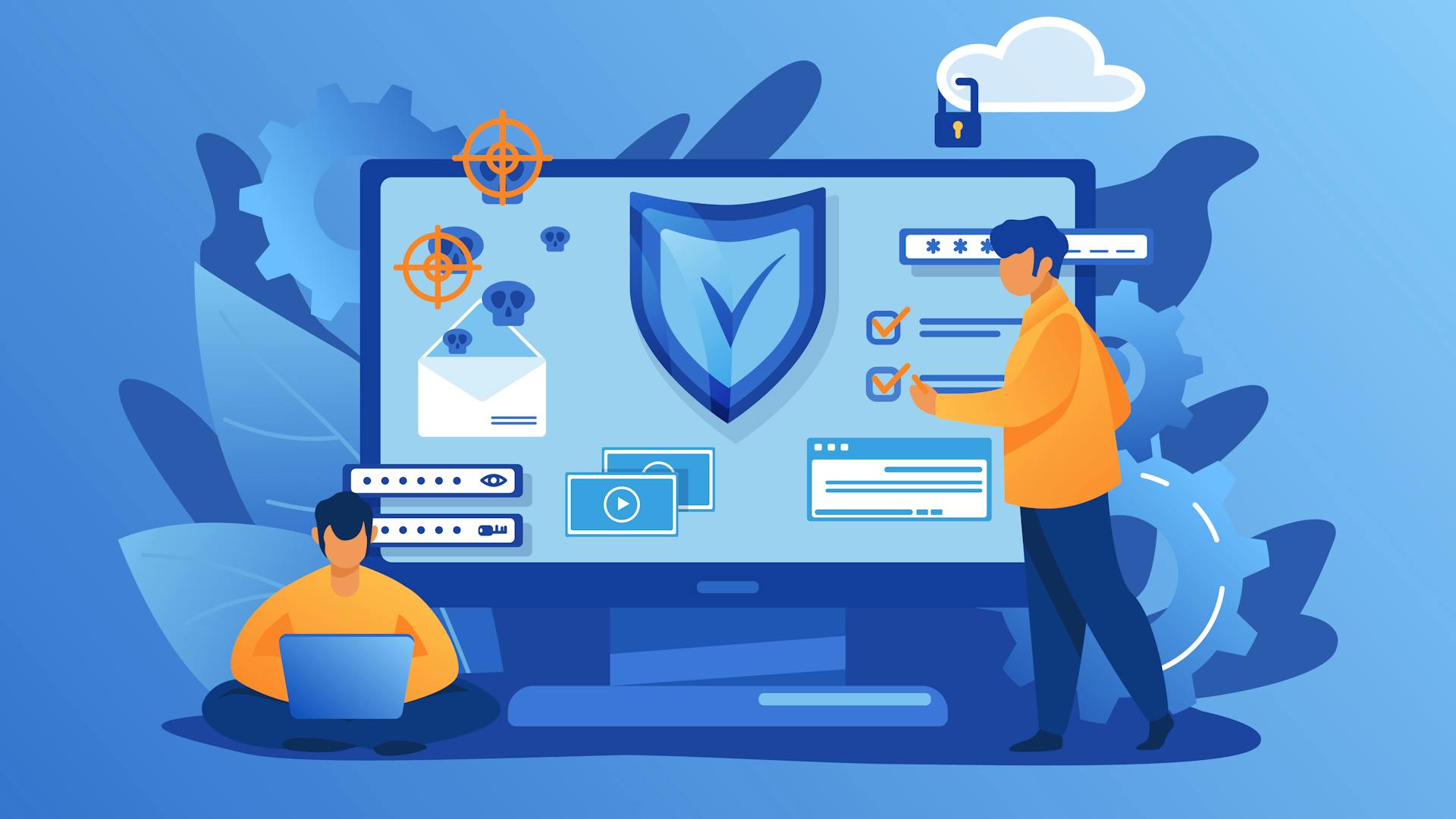
Source: freepik.com
According to a recent study, one half of business leaders said that one of the biggest challenges when it comes to artificial intelligence is managing AI-related risks.
Using ChatGPT raises privacy concerns among customers because it collects and stores a lot of personal data, such as name, IP address, etc. As a business, it's your responsibility to ensure your customers' data is collected and used in a way compliant with national laws and regulations, such as GDPR.
This is especially important in industries like conversational AI for finance or healthcare, where customers can share sensitive or confidential information via phone calls. That's why you should have virtual voice assistants for collecting medical information, conversational banking or IVR payments.
Of course, ChatGPT will have to be regulated at some point to prevent fraudulent behavior, but until that happens, the responsibility is on you as a business owner to protect your customers.
Organization-specific queries
While you can use ChatGPT for answering general questions about your industry, it can’t answer organization-specific queries because it doesn't have access to that information.
On the other hand, you can train conversational AI on your specific data sets and organization's current systems, providing accurate and updated information.
Let's say you work in the hospitality industry. You can use ChatGPT in most cases for general queries about destinations you offer. However, it's much better to develop your own conversational AI in hospitality which would be able to give updated information about your prices, services, etc.
That's why ChatGPT alone may not be the best solution for yourcall center automation. It may be cheap in the short run, but in the long run, it could affect your reputation and even make you lose customers.
Will ChatGPT replace virtual voice assistants?
One thing is sure: ChatGPT is bound to change the way we interact with voice assistants. It could improve the overall experience, making the conversation sound more natural, almost like a conversation between two humans.
But will it replace virtual voice agents? We don't think so. Here’s why:
- First, you can't train ChatGPT to provide specific information about your business or to do certain tasks for your customers, which a voice assistant can do (filling out the forms, online payments, etc.).
- Second, ChatGPT doesn't guarantee the accuracy of the information provided, leaving room for mistakes that could harm your business.
- Finally, there are also privacy and security issues that still need fixing.
On the other hand, when you get a virtual voice assistant, you can customize it and train it according to your needs, so there are no ugly surprises.
vTalk.ai provides you with a fully-customizable voice assistant platform. Our solution is based on natural language processing and speech recognition, enabling it to fully understand your customers' needs and perform their required tasks.
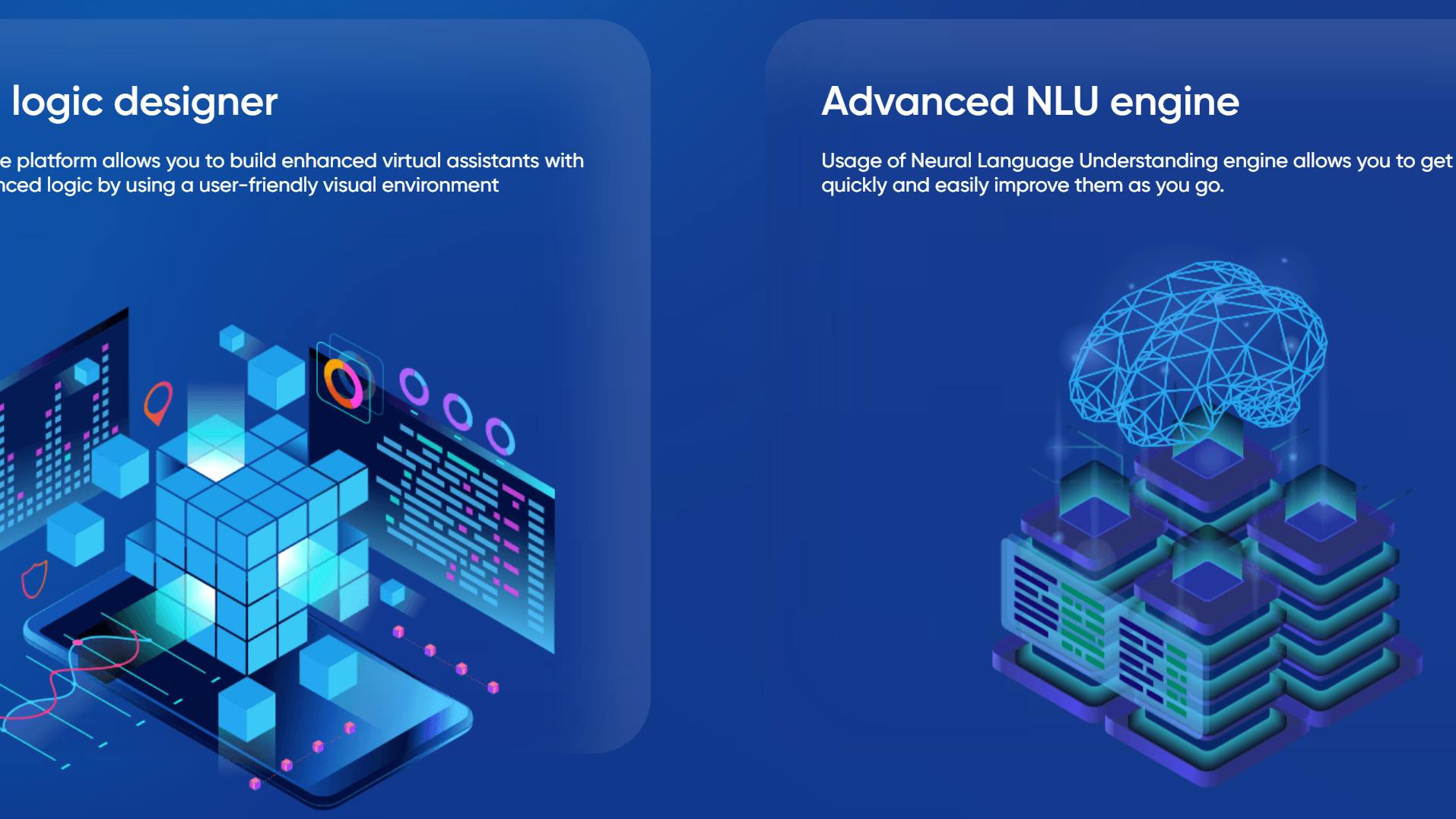
Here's what our virtual assistant can do for you:
- Provide 24/7 automated customer support
- Answer frequently asked questions about your business
- Automate inbound and outbound calls
- Convert speech into text so it's easier for you to process data
- Translate text and speech
- Analyze conversations with the customers
- Send automated text messages and emails
The best of both worlds
The best thing about ChatGPT is that you no longer have to create your content from scratch. If you have many frequently asked questions during phone calls and want to automate the responses, you can use ChatGPT to make the first draft and generate personalized responses and more human conversations.
One thing is using ChatGPT as a business owner with a deep understanding of your business and critical thinking; another is letting your users rely on OpenAI as the primary source of information about your company.
That said, you can use ChatGPT to train your virtual assistant on some general queries, but always double-check whether the information is accurate and up-to-date.
OpenAI can take part of the work off your plate, but at the end of the day, only you can train your virtual voice assistant to answer particular queries about your business. ChatGPT doesn't have all the information you have, especially if you're constantly updating them, as many companies do.
Conclusion
While ChatGPT may be a powerful tool to speed up your work process and personalize conversations, the best solution for an established company that doesn't want to risk its reputation is to combine it with a virtual voice assistant.
If you're looking for an AI-powered virtual assistant you can customize according to your needs and have complete control over its conversations with your customers, vTalk.ai is the right solution.
Sign up today, set up your voice assistant and enjoy all the benefits of pre-trained artificial intelligence without any risks.
FAQs
Can ChatGPT replace AI-based Voice Assistants?
No, but you can enhance your VA functions using ChatGPT answers as an additional data source.
What is the difference between ChatGPT and AI-based Voice Assistants?
ChatGPT can generate answers (with some accuracy issues), but AI-based VA can recognize intents and follow your pre-defined scripts.
